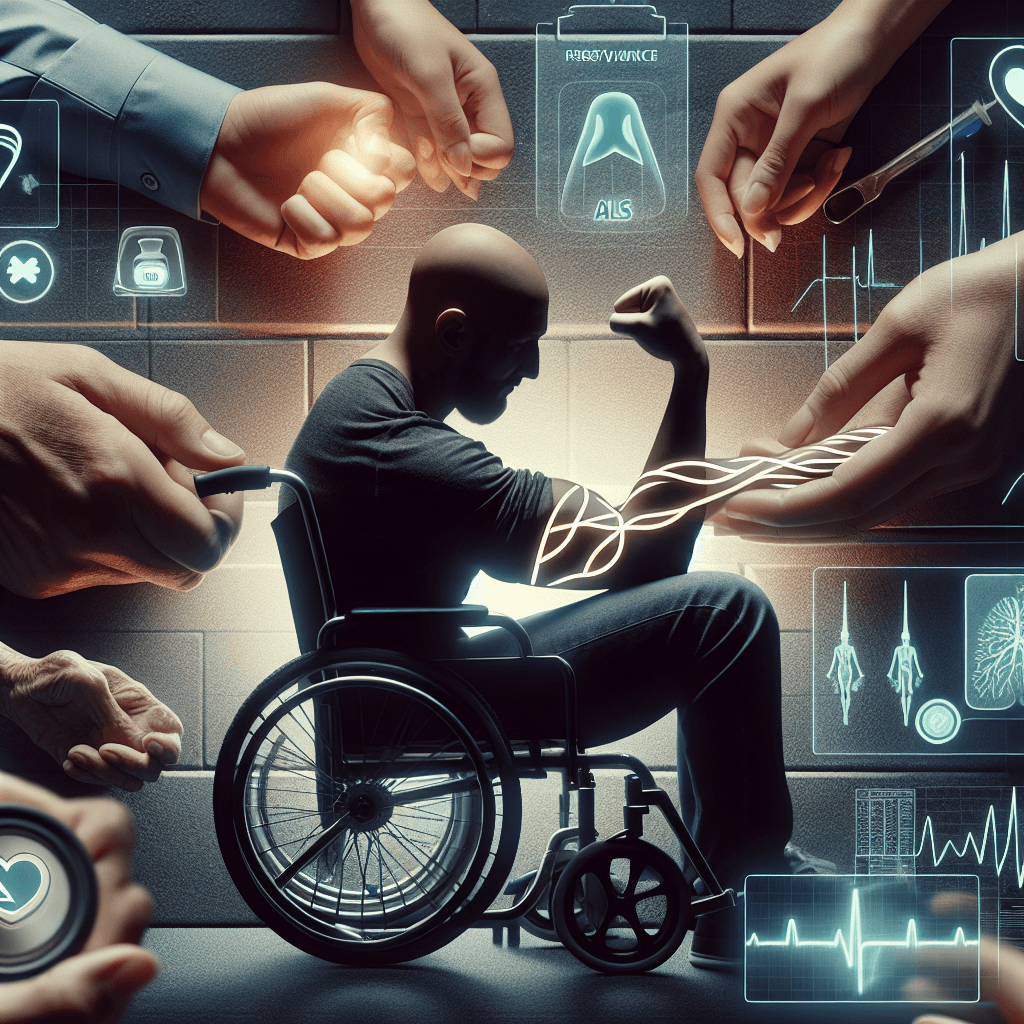Understanding ALS Disease: Symptoms, Causes, and Treatment
A Comprehensive Overview of Amyotrophic Lateral Sclerosis

What is ALS?
Amyotrophic lateral sclerosis (ALS), often referred to as Lou Gehrig's disease, is a progressive neurodegenerative disorder that affects nerve cells in the brain and the spinal cord. ALS leads to muscle weakness and atrophy, ultimately impacting a person's ability to speak, move, and breathe.
Symptoms of ALS
ALS symptoms vary between individuals, but they commonly include:
- Muscle weakness
- Difficulty speaking or swallowing
- Twitching and cramping in muscles
- Stiffness in the arms and legs
- Fatigue
Causes of ALS
The exact cause of ALS remains largely unknown, but researchers believe it involves a combination of genetic and environmental factors. While most cases are sporadic, about 10% of ALS cases are familial, meaning they are inherited.
Diagnosis
Diagnosing ALS can be challenging due to the similarity of its symptoms with other neurological diseases. A thorough evaluation by a neurologist, including a physical exam and various tests such as electromyography (EMG) and magnetic resonance imaging (MRI), is necessary for an accurate diagnosis.
Treatment Options
Currently, there is no cure for ALS, but several treatments can help manage symptoms and improve quality of life:
- Medications: Riluzole and edaravone are FDA-approved drugs that may help slow disease progression.
- Physical therapy: A physical therapist can help with strength training and mobility exercises.
- Speech therapy: Speech-language pathologists can aid individuals with communication difficulties.
- Nutritional support: A dietitian can help ensure adequate nutrition, as swallowing difficulties may arise.
Living with ALS
Coping with an ALS diagnosis can be incredibly challenging for both the individual and their loved ones. Support from healthcare professionals, support groups, and family can make a significant difference. It is crucial to maintain a positive outlook and seek help when needed.
Conclusion
Understanding ALS is vital for managing the disease and supporting those affected. Ongoing research offers hope for improved treatments and, one day, a cure. Awareness and education about ALS can lead to better support and resources for those living with this condition.